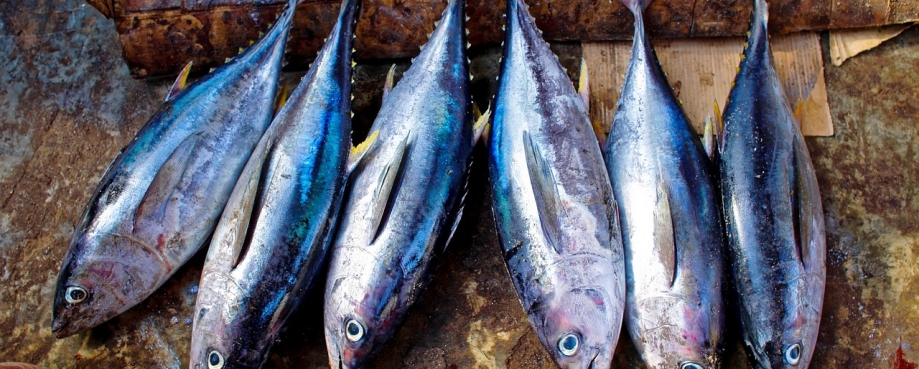
Another sad report into effective due diligence, sad for people, the future of tuna stocks and our future.
The new Greenpeace report on the top 20 tuna canning companies in South East Asia reports that out of the 20, only 4 demonstrate significant levels of responsibility.
There are 7 recommendations to companies buying tuna from this region.
These recommendations are all good to see.
But, sadly, they in general are having to repeat earlier due diligence recommendations made and still not well followed by international buyers.
There is a sense of déjà vu here. Aren’t we going in rather ineffective circles that do not challenge the fundamental flaws of our global fishing industry:
- harmful and unsustainable fishing practices
- IUU fishing and criminal exploitation of fishing crews
- industry/business models that prioritise short-term profit over a viable future and vested interests of individual States over global society needs?
How else might our global fisheries industry be run?
Greenpeace also proposes a division of the oceans to create zones for fish to safely breed and recover - across a third of the entire ocean.
Again, this is an excellent proposal. But where is the political will and leadership to take these responsible decisions?
Sadly, there is no consensus in sight and no unifying of society to demand that sustainability must come first – for fishers, for fish stocks, for a safe industry to be a part of and for us all as consumers.
